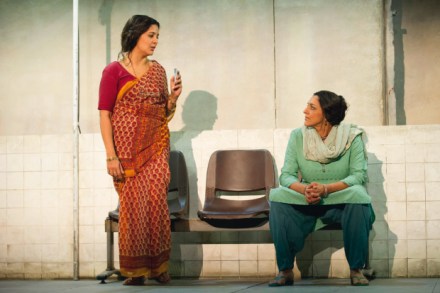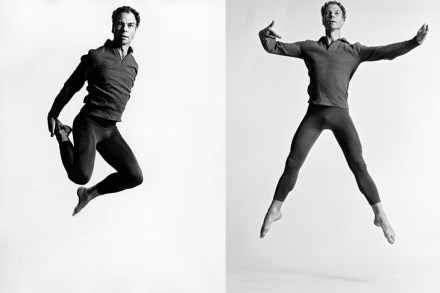One of the great whodunnits
It starts on a beautiful summer’s morning in the suburbs of America. A prosperous middle-aged dad is chatting with his neighbours in the garden of his comfortable home, but by nightfall his family has been destroyed. This is one of the most momentous convulsions in all drama. Arthur Miller’s masterful plotting, which he never again surpassed, is a match for the best. By the best I mean Oedipus. Jeremy Herrin’s production emphasises the lush fertility of America in the late 1940s. Trees in full leaf overlook the timber house that is perhaps a little too small for its millionaire owner. Joe Keller is a pioneering industrialist who served a brief





















